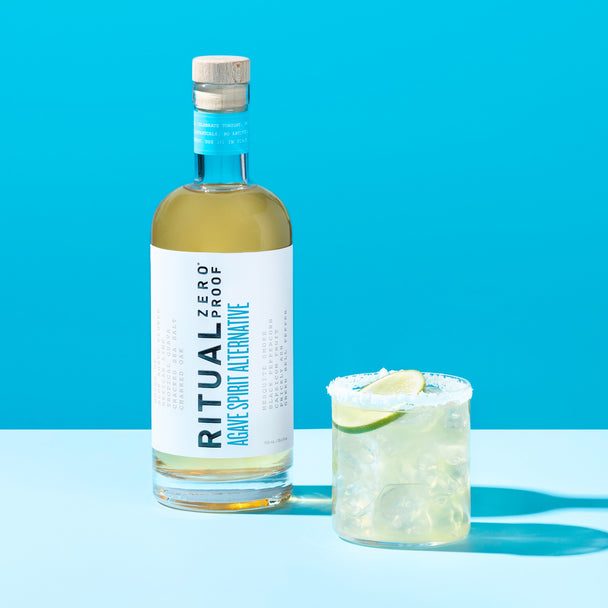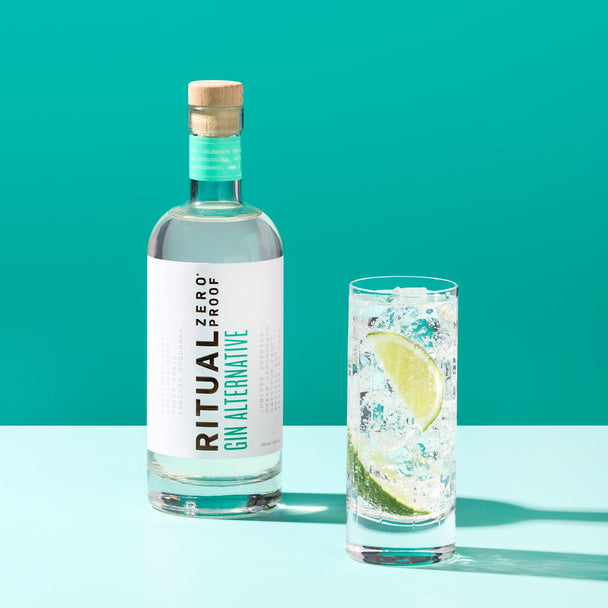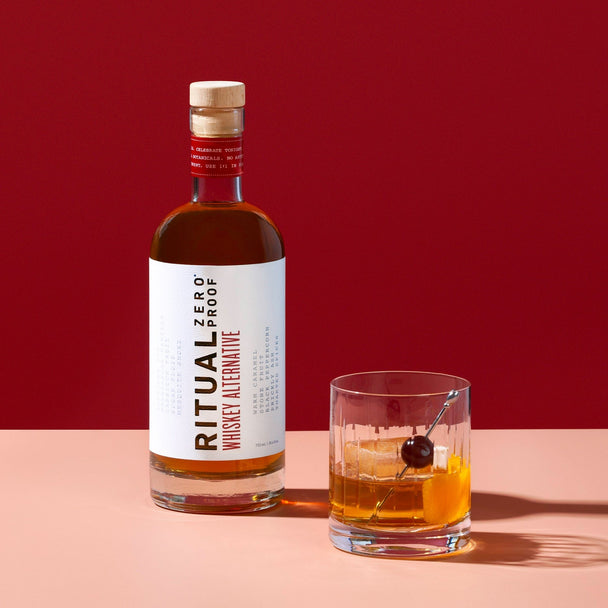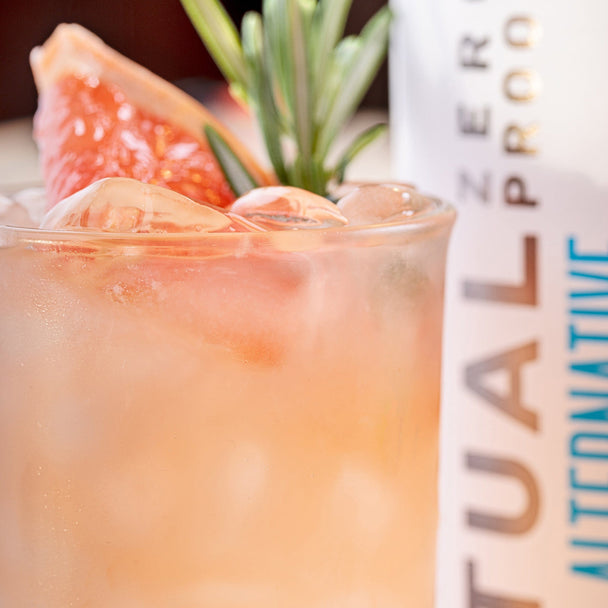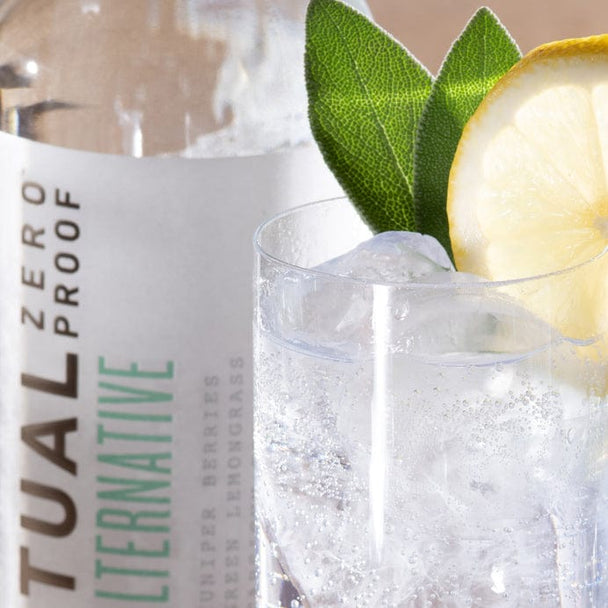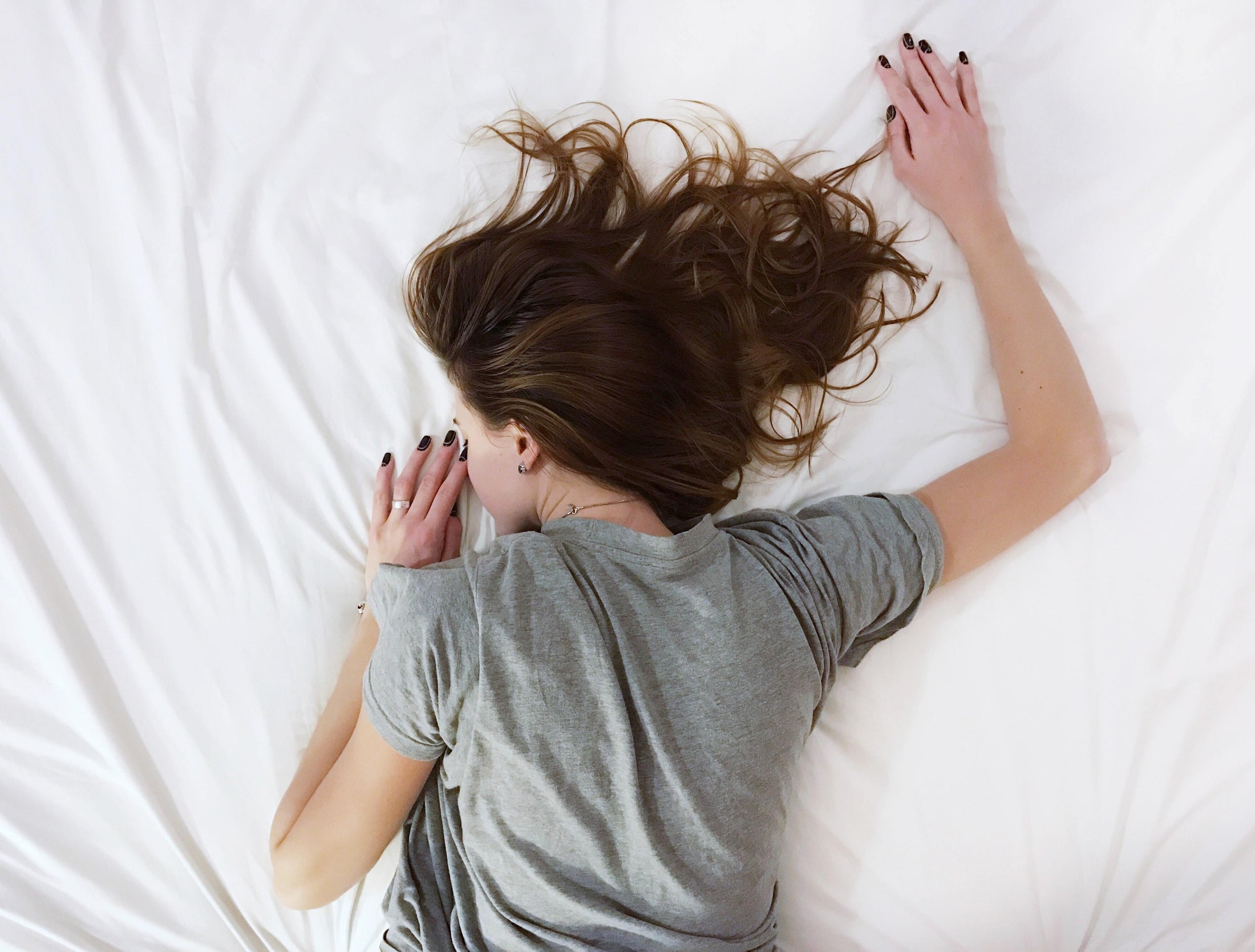
One thing we’ve noticed from reducing our alcohol intake is that we’re sleeping much, much, MUCH better. Some mornings, we wake up feeling so darn refreshed that we knock out a 10k, crush a hot yoga class, then make a full English breakfast from scratch. All before 8am. (Some details embellished for dramatic purposes.) But don’t just take it from us. According to research, there are myriad reasons why drinking before bed is not doing you any favors in the sleep department.
First of all, having alcohol in your system disrupts your circadian rhythm, your body’s master biological clock, which has a huge impact on how your body functions, managing your sleep-wake cycles and telling you when to feel tired or awake. When it gets thrown off, it can lead to next-day sluggishness, irritability, and even difficulty concentrating. If you’ve experienced lingering fatigue the day after a night out, this is a likely cause. Circadian rhythms have such a widespread influence over the body that disrupting them with alcohol can also lead to poor liver function, leaky gut, and depression.
Booze before bed also has a dramatic effect on your natural sleep architecture. In the first half of the night, alcohol disrupts the REM sleep cycle, thought to be the most restorative phase of sleep. This can lead to daytime drowsiness and poor concentration and can even have adverse effects on memory and emotional processing. In the second half of the night as the alcohol starts to wear off, you’re more likely to have lighter, more restless sleep. This can lead to feeling groggy when the alarm clock goes off and increase fatigue throughout the day. Even if it seems like you’ve managed to escape without a full-fledged hangover, your diminished sleep quality can still negatively affect your mood and productivity. And according to research, alcohol appears to have a more drastic effect on sleep quality for women than it does for men.
“But wait!” you might be thinking, “I fall asleep much more easily after a nightcap!” And while research does show that alcohol can reduce the length of time it takes to fall asleep, its overall disruptive quality more than offsets the positive. That nightcap is also going to make your breathing worse, causing excessive relation of your head, neck and throat muscles. This can lead to snoring, though you may have already heard about this from whomever you share your bed with. And if you already struggle with sleep apnea and insomnia, alcohol only makes it worse. Drinking before bed can also lead to a clumsy middle-of-night bathroom run, which again, is not good for your natural sleep cycles.
Studies show that even low amounts of alcohol consumption can affect sleep. Fewer than two servings of alcohol per day for men and one serving of alcohol per day for women decreased sleep quality by 9.3%. And more than two servings per day for men and one serving per day for women decreased sleep quality by 39.2%.
So if you want to find yourself waking up with more energy for a productive day, consider a zero proof beverage or even a low-alcohol cocktail instead. You can rest assured you’ll thank yourself tomorrow.

